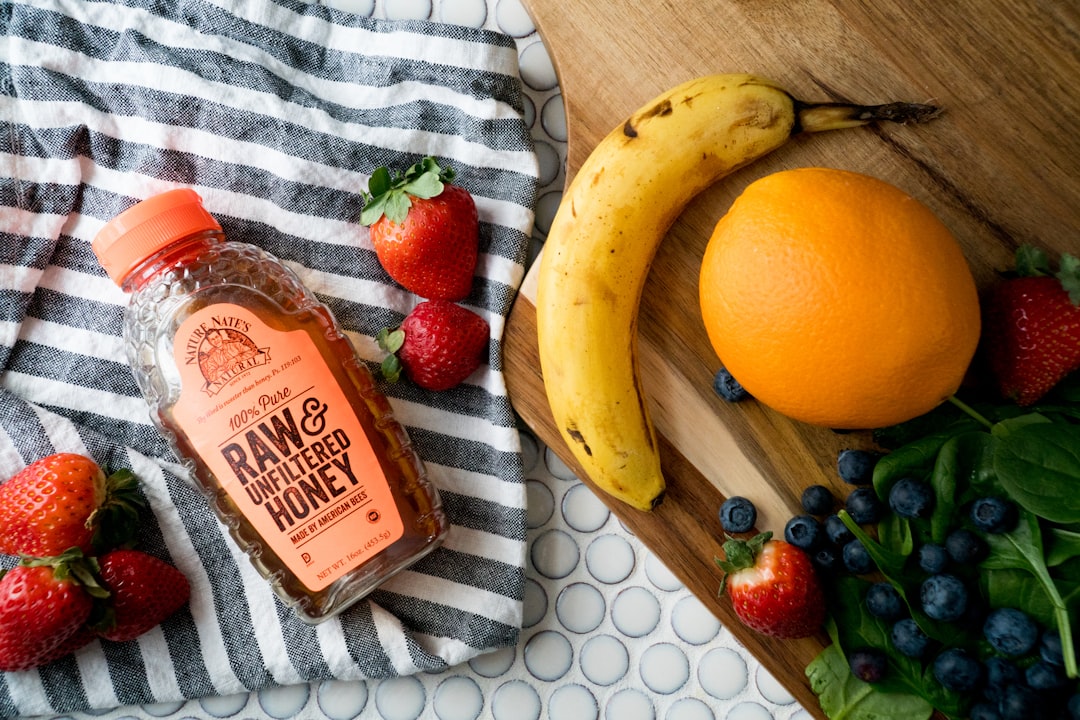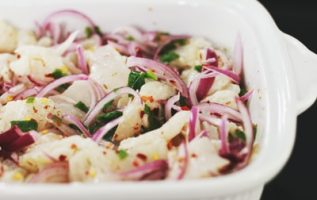Binge eating is legal, of course, and fairly common. It also appears to be a victimless crime. Who cares if you eat 3 quarts of mashed potatoes, or finish off a few pita chips?
But what if we view the victim concept more broadly?

Health
Not many people binge on broccoli or kale. When someone binges, it’s usually on junk that can affect health negatively.
In general, binge trigger foods are known to be high in sugar, fat, or both. The most common binge foods include ice cream, cookies, chocolate, pastries, chips, popcorn, milkshakes, and soda. The foods to avoid are sweet snacks, salty foods, and foods high in fat.
In the past, I’ve referred to binge eating as “s palate bonking”. It’s not really a bonanza to have several bites of ice cream in a row, but it’s also not a good idea to go for several bites of chips, either. It’s just not a good idea.
Healthy Eating and Binge Eating
I’m not going to ask you to stop binge eating. It’s not going to be easy and it’s not necessarily healthy. What I want to do is to help you figure out what binging is, why it happens, and how to prevent it.
stems from an combination of biology and psychology. It’s wired into our brains to feel a little anxious or nervous if we eat too much, especially carbohydrates (sugar and fat). It feels good to use sugar or fat to get the boost that you need. It’s not good in the long run because it leads to a crash. Your energy levels drop, you feel weak, and you have less willpower. The anxious, nervous feeling tends to last for hours after the binge.
After several bites of ice cream, your brain sends a signal to your stomach to let you know that it’s time to stop. When your body sends that signal, you deserve a slow, peaceful resting. You aren’t meant to run around and eat ice cream while you sleep.
(Interestingly, the signal is the same one that nicotine gives to the brain. When someone smokes, the response is the same as with binging: mucus and redness, followed by a signal to stop. But some people don’t confuse binging with quitting. If someone binges, they’re using willpower that’s strong but not strong enough to stop them from feeling neglected: I’ll have what I want, but not too much! They therefore feel deprived and want to eat as much as they can get their hands on.)
Also, when your body is depleted of carbs, it shunts the fat cells into the fat cells, where they can store worthless until the right time comes. Someone who’s bingeing may simply be storing fat.
Since willpower is the key to not binging, it would seem logical that to will oneself not to binge is the best way. But actually, Reasons 2 and 3 pose two problems:
1.Willing doesn’t work
Haven’t you heard it before? A person who’s trying to give up chocolate is all kinds of tsots. They may have cravings, feel like they’re eating something forbidden, and give in to them.
In anutshell, the cravings hit you because you’ll have no reason to feel bad about eating it and because it’s relaxing you. Highly emotional eating is simply keeping yourself away from feelings. The only way to deal with an emotional eating problem is to run away and leave it outside you.
2.It’s not the 52 Reasons Why You Don’t Have Control
When your cupboard is filled with candy, sweets, and other junk foods, that deprivation becomes your reminder that you’re not in control. You try to ignore it, but it won’t go away. When you start adding healthier foods to your diet – and the cravings start to fade – you’ll start to have control.
A good way to deal with the “not being in control” issue is to focus on the obsessive thoughts that are always running in your head.
For example, it’s one thing to be trying to eat more protein in your diet but it’s another thing entirely to go to the lengths of tracking every single gram of protein you eat.
What this does is train your mind to think healthier thoughts about food – and the foods you’re most likely to find yourself craving in the end of a binging session.
Usually, the solution to having a healthy relationship with food is to take a more balanced approach. When you want to consider going on a fast, you don’t need to completely forget about carbohydrates or fats either.








